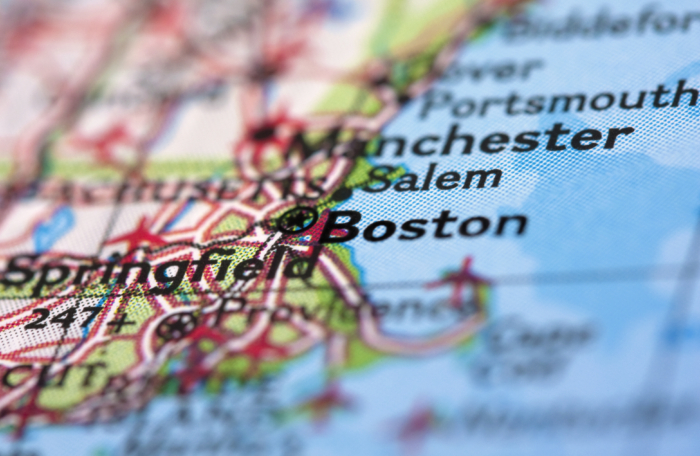While freedom flourishes in New Hampshire, the rest of New England is a different story
Most of New England has some work to do to keep up with New Hampshire’s status as the nation’s freest state.
In the latest edition of the Cato Institute’s Freedom in the 50 States report, while New Hampshire finishes first in overall freedom (an index of personal and economic freedom), the other five New England states each finish in the bottom half among all 50 states.
Overall freedom:
- New Hampshire: #1
- Massachusetts: #26
- Connecticut: #33
- Rhode Island: #36
- Vermont: #42
- Maine: #43
When breaking down the rankings, all New England states do well on personal freedom (Connecticut being the lowest ranked at No. 16), but New Hampshire rises above the rest on economic freedom.
Economic freedom:
- New Hampshire: #1
- Massachusetts: #32
- Connecticut: #33
- Rhode Island: #37
- Vermont: #43
- Maine: #45
The two components of the economic freedom index are fiscal and regulatory freedom, on which New Hampshire also scores much higher than its regional neighbors.
Fiscal freedom:
- New Hampshire: #2
- Massachusetts: #18
- Connecticut: #20
- Rhode Island: #22
- Maine: #41
- Vermont: #46
Regulatory freedom:
- New Hampshire: #17
- Massachusetts: #39
- Connecticut: #40
- Rhode Island: #42
- Vermont: #43
- Maine: #45
Needless to say, all of New England, New Hampshire included, could use some regulatory reform. (These rankings accounted for laws enacted as of December 31, 2022, meaning New Hampshire’s universal license recognition law didn’t make the cut.)
In the Fraser Institute’s Economic Freedom of North America 2023, New Hampshire is first in economic freedom among all North American jurisdictions, while Connecticut is the next “freest” at No. 25 among just the 50 U.S. states. After that, it’s Massachusetts (28th), Maine (41st), Rhode Island (42nd), and Vermont (48th).
How free your state is directly affects many important outcomes. One is the movement of people.
“Fiscal, regulatory, and personal freedom are all independently, positively, statistically significantly correlated with net in-migration,” write William Ruger and Jason Sorens, authors of Freedom in the 50 States.
It’s no surprise, then, that New Hampshire is winning the migration game. According to data collected by Kenneth Johnson at the UNH Carsey School of Public Policy, the Granite State experienced a net migration gain of 18,300 in 2021 and 2022. Forty-four percent of those migrants came from Massachusetts, 8% came from Maine and Vermont combined, and 14% came from elsewhere in the Northeast.
New Hampshire was one of only two New England states to see its population increase every year from 2018–2022, growing to nearly 1.4 million today—a 6% increase since 2010—while a state like Vermont sits at about 647,000 people. (The other was Maine, which saw a migration surge during the COVID-19 pandemic.)
Net in-migration isn’t something New Hampshire can take for granted. More people died in the Granite State than were born in 2021 and 2022, and New Hampshire consistently has one of the lowest birth rates in the country, meaning the state’s recent population growth has been entirely due to those moving into the state.
And what explains the Granite State’s net migration gain? “One channel by which economic freedom affects in-migration is by increasing economic growth,” Ruger and Sorens write. “We found a robust relationship between economic freedom in one year and income growth in the next.”
The bottom line is that freedom isn’t just valuable in its own right (which it is). Freedom, fundamentally, leads to greater economic opportunity and prosperity. More freedom generally means more of the other two as well.
New Hampshire’s median household income of $83,449 is $15,000 higher than Vermont’s and $20,000 higher than Maine’s.
While the rest of New England champions increased government spending for social programs and public welfare, higher tax rates, more regulation, and top-down control over education and the economy, they get in return lower levels of economic opportunity, growth, and prosperity than New Hampshire does.



